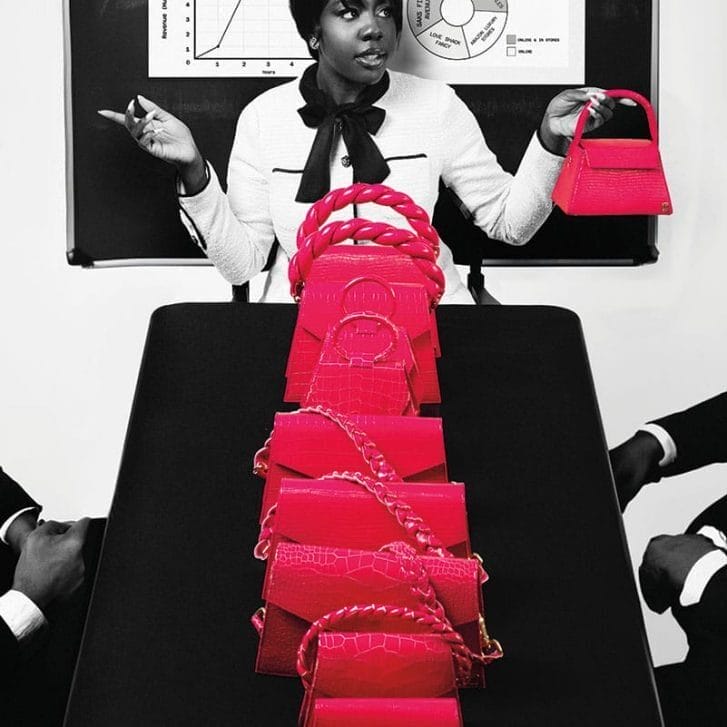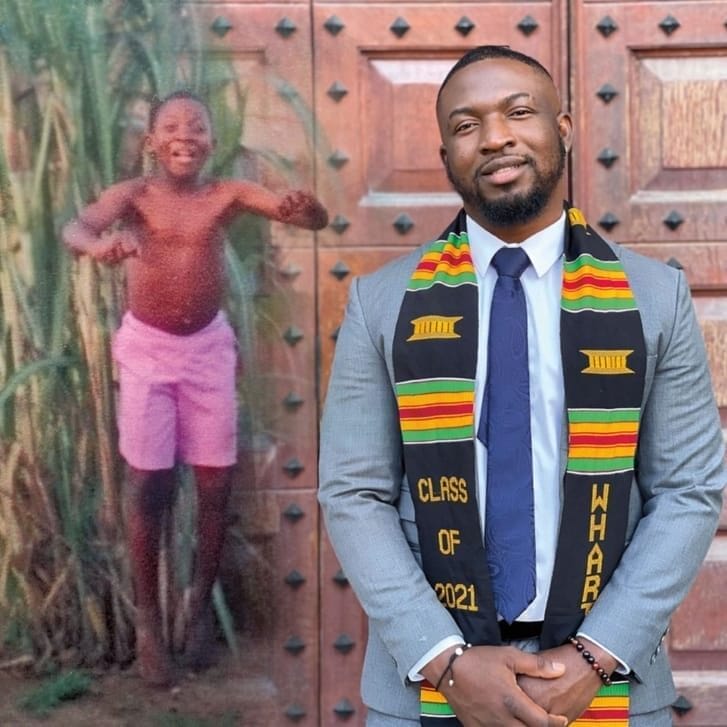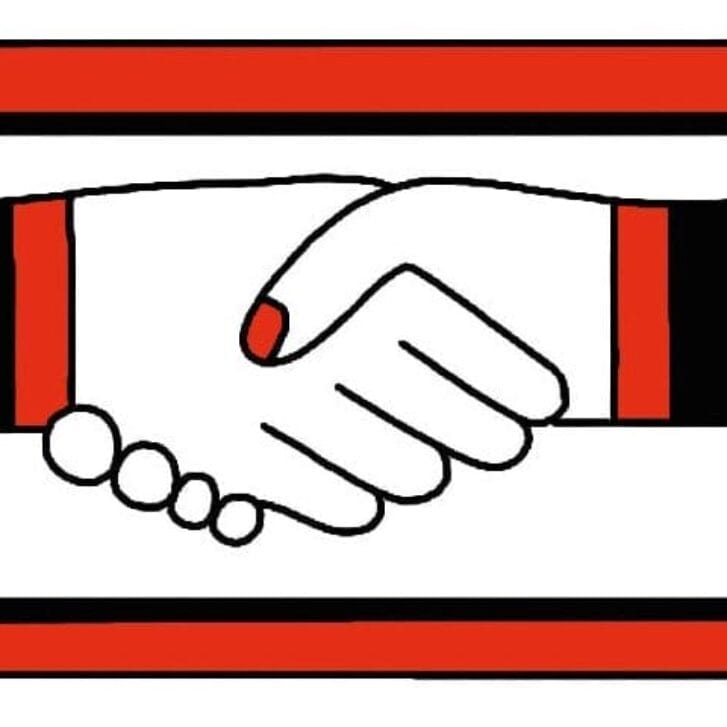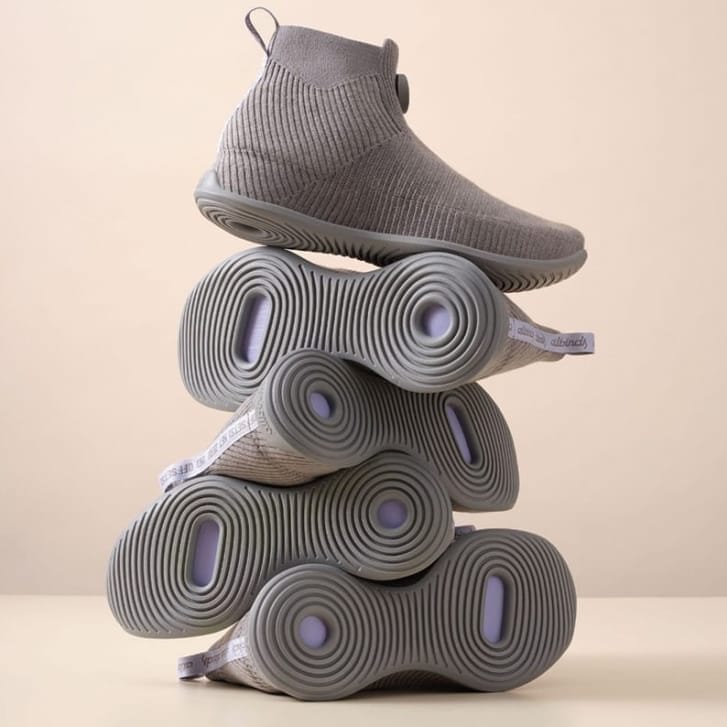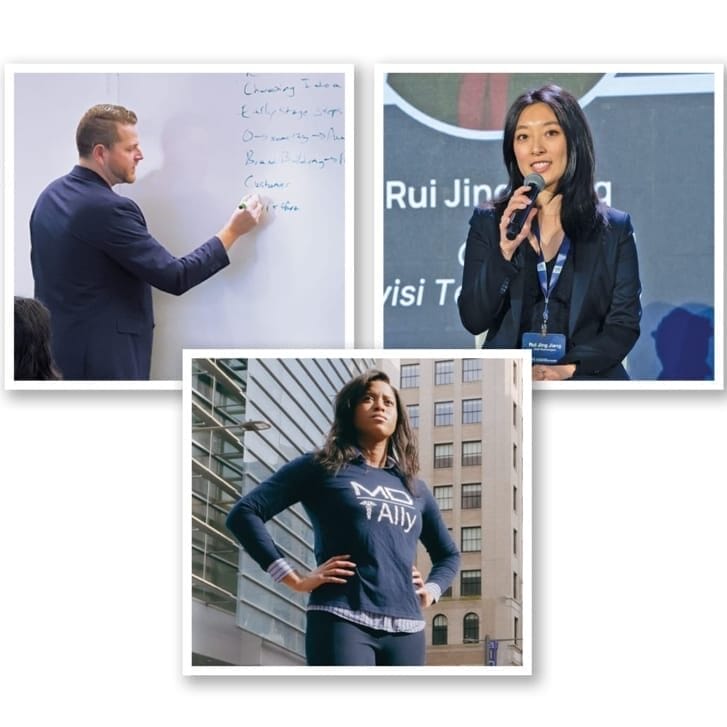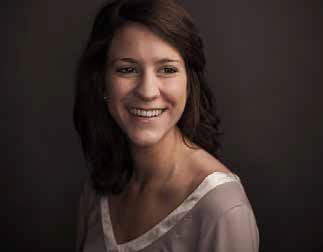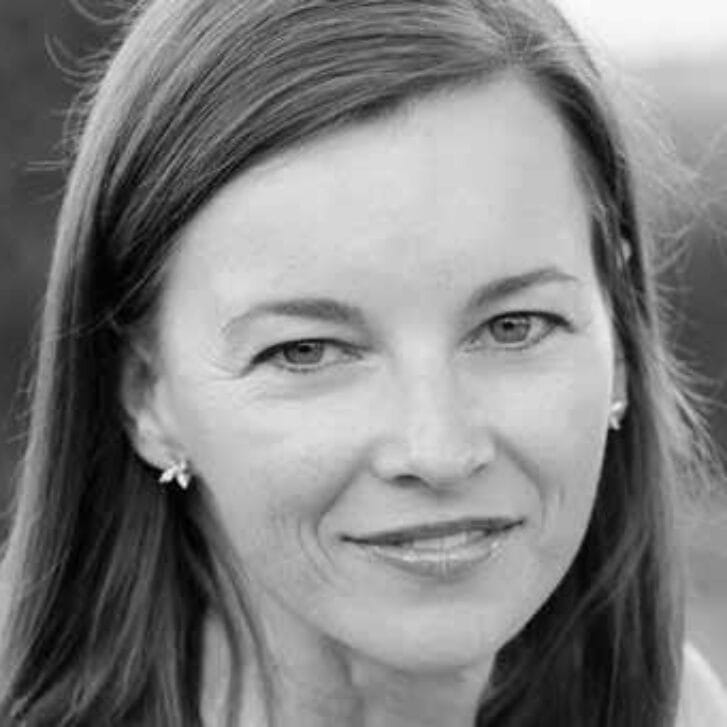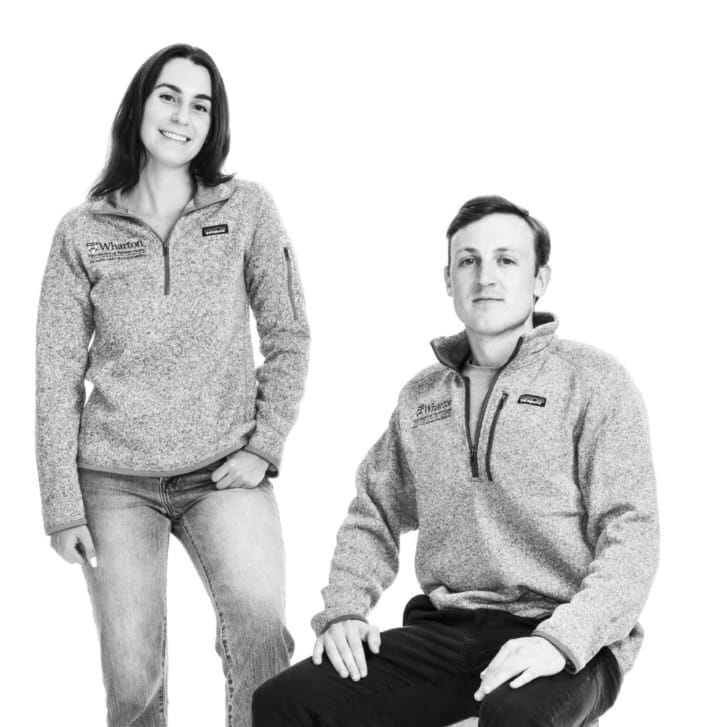They say that imitation is the sincerest form of flattery. For four years, I have been surrounded by excellence. Initially, I tried to imitate the camaraderie, curiosity and entrepreneurial spirit exhibited by my professors and peers in both my biology and business courses at Penn. As I grew during my four years, I realized that this idiom should be rewritten to read: “Innovation is the sincerest form of flattery.” The Wharton School trained me to learn from those around me, and then to apply these examples to my own passions and use them as templates for creating my own unique forms of excellence.
In 2009, I drove only one hour from my home in Downingtown, PA , to Penn’s campus, but I entered an entirely new world. Stepping into Huntsman Hall my freshman year, I entered a place that challenged me from day one to find the most innovative solution that would drive quality change. At first, such a push for excellence seemed daunting for a small-town girl. But during my time at Penn, the Vagelos Life Sciences and Management Program provided me with the toolkit and the resources necessary to define and pursue my own forms of excellence with measurable social impact.
As a board member on the Wharton Dean’s Undergraduate Advisory Board (WA B), I have seen that the School’s administration holds itself to the same high standards. Staff and faculty work intimately with students and continually offer us more grants, clubs, courses and challenges that are better, smarter and always ahead of the curve. They push students by asking tough questions that drill down to the crucial “why?” Why select this idea over others? Why will others believe in it? Then, once students are thoroughly entrenched in doubt but determined to persevere, our teachers put forth the ultimate test of ideation survival: Why should you believe in this idea?
The result is an Undergraduate Program made up of ideas that are original, well thought out and light years ahead of other undergraduate programs. In my tenure on WA B, I have seen the administration develop a social impact concentration, a senior capstone course, an undergraduate research board, a public policy initiative and other innovations that inspire students.
Wharton has already given me the opportunity to apply my strategic business skills in the scientific field. With the Wharton Summer Program for Undergraduate Research grant, I studied the economics of Chagas disease with Dr. Michael Levy in the Perelman School of Medicine.
We asked: Why use these housing materials when there are other better barriers against the Chagas disease vector, chirimachas? Why not offer incentives for community members who have their homes sprayed with insect repellent? Why not then apply the knowledge learned from chirimacha bugs in Peru to bedbugs in Philadelphia?
Through our research, my team developed novel insect repellent incentive programs in Peru, which we and Peruvian health care workers believe will work.
I will carry the lessons I have learned into my career in global health. Asking the right questions can poke holes in inadequate offerings. This is crucial in public health, in which the potential downfalls of a community program, no matter how small, can completely undermine the benefits.
For example, what happens if an entire city block allows health officials to spray insecticide in their homes—except for one home? The insects in this home can move over to the other treated homes once the insecticide wears off, making the spray campaign less effective and leaving a whole community at risk. A cursory researcher may say 95 percent of homes sprayed is good enough for prevention, but that is not innovative enough to drive Chagas disease eradication.
Luckily, while at Wharton, I have been raised to higher standards than to settle for 95 percent, which would not even be enough to get an A in a Wharton course or a WAB initiative.
Christine Skovira is a senior pursuing a dual degree in biology and economics in the Vagelos Life Sciences and Management Program. She is the co-chair of the Wharton Dean’s Undergraduate Advisory Board, a consultant at the Wharton Small Business Development Center, and a researcher in the Biostatistics/Epidemiology Department at the Perelman School of Medicine.




